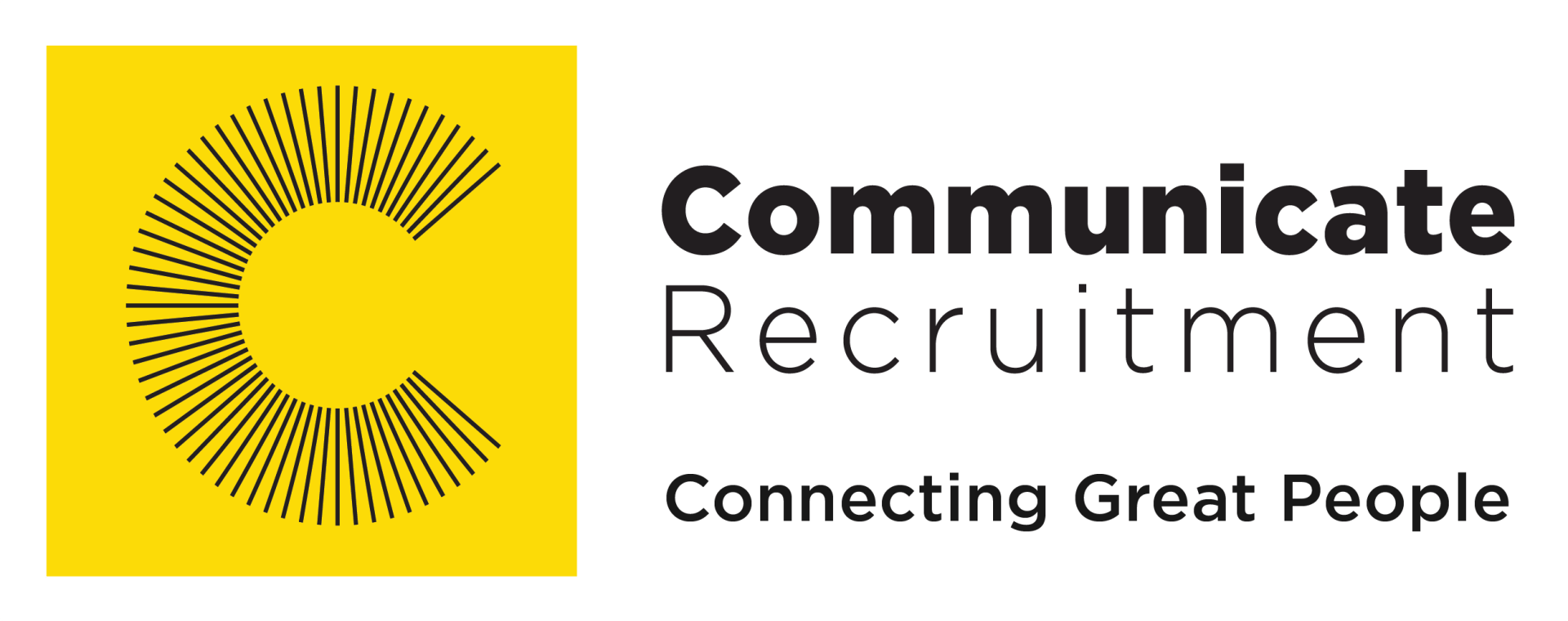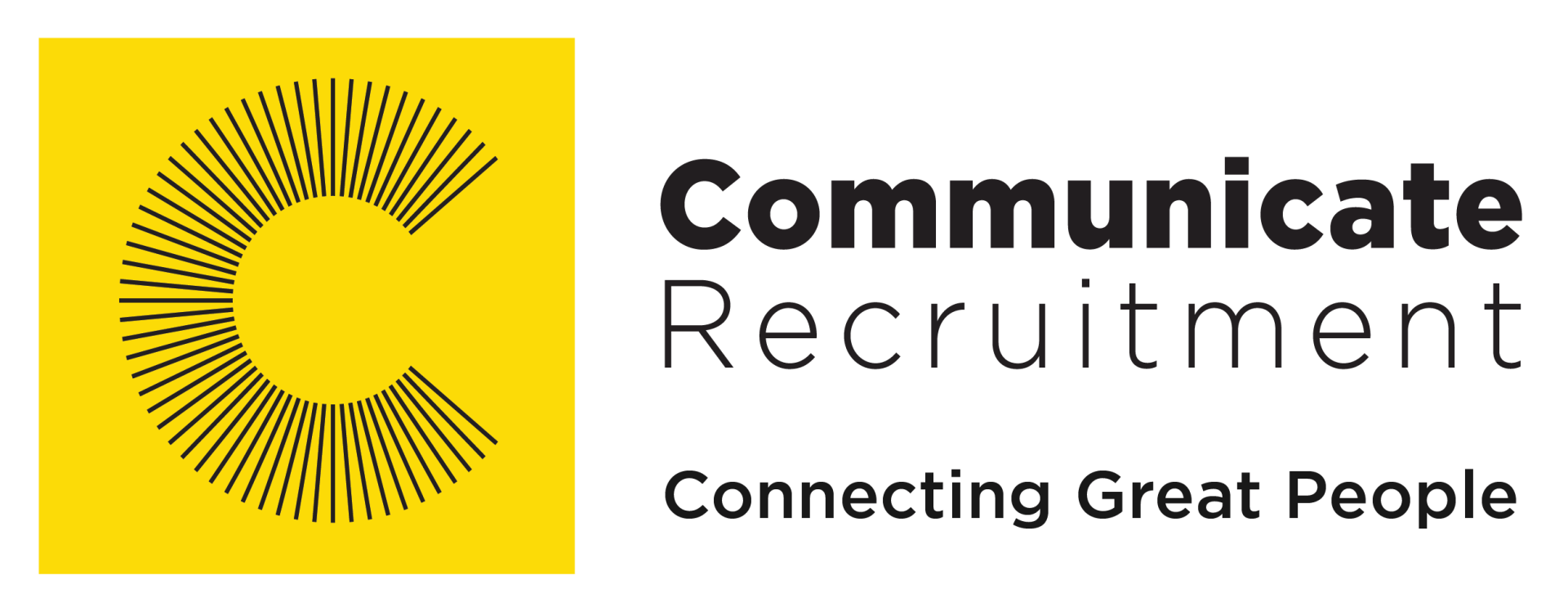Do not overlook references in your CV
A Curriculum Vitae (CV) is a short description of where you have worked, where you went to school, your skills and qualifications. It gives an employer a sense of what you can do and what experience you have. Most employers decide who to interview based on the CVs they receive. In South Africa, there is hefty competition for jobs and it is unfortunately common for applicants to deceive potential employers to improve their chances of getting a job. So, employers have to be savvy in their screening methods. A reference on a candidates' CV is one of those methods. Here is what you need to know about the importance of references on your resume.
What the law says
When it comes to reference checking, employers and agencies are advised to obtain written permission before taking a reference from your current or previous employer. Employers would be well advised to verify, before accepting a curriculum vitae, that the consultant has permission from the applicant, to release their confidential information to the client.
What does this mean?
Employers may refuse to give reference checks, provided they comply with Section 42 of the Basic Conditions of Employment Act refused. This requires that employers issue a certificate of service, stating the name of the employer and employee, position held, dates of employment, and salary earned, upon the termination of the contract. Should your previous employer refuse to give a reference he cannot be held legally responsible for you not getting a job - because he to give a reference. The law does not regard it the duty of the previous employers to protect your interests.
What if a reference is bad?
The referee (person giving reference) can give a negative comment about you. It must, however, be true and relative to job performance in the position, you are being considered for. Many people believe that your boss cannot give you a bad reference, which is not entirely true. References have to be accurate and truthful. Say, for example, you were disciplined at your last job for misconduct, they could mention it on your reference as long as it was properly investigated at the time and it is not misleading. They are not doing anything wrong by giving you a truthful although bad reference.
Select the right people
It is important that you select the right people as references and that you speak with them in advance before using them as references. The people you list should be able to attest to your performance and your responsibilities, so keep your references as current as possible. Also, bear in mind that with social media taking a larger role in the background-checking process, hiring managers and recruiters can and will peak in your profile and that of your reference to see if they are reputable.
References are as important as any other part of your resume
When you are job searching you spend a good amount of time working on your CV, writing a good cover letter, but do you spend as much time on your reference as well? The reality is, your employer will request your reference at some point as it is the only real means they have of verifying the skills and experience you presented in your CV and interview.
Communicate Recruitment is a specialist recruitment company with over 3 decades of experience. We connect great people in the IT, Finance, Engineering, Supply Chain, and Freight industries throughout Africa and South Africa on a permanent or part-time basis. Contact us and find out how we can help you position and package yourself better for your next career opportunities.





